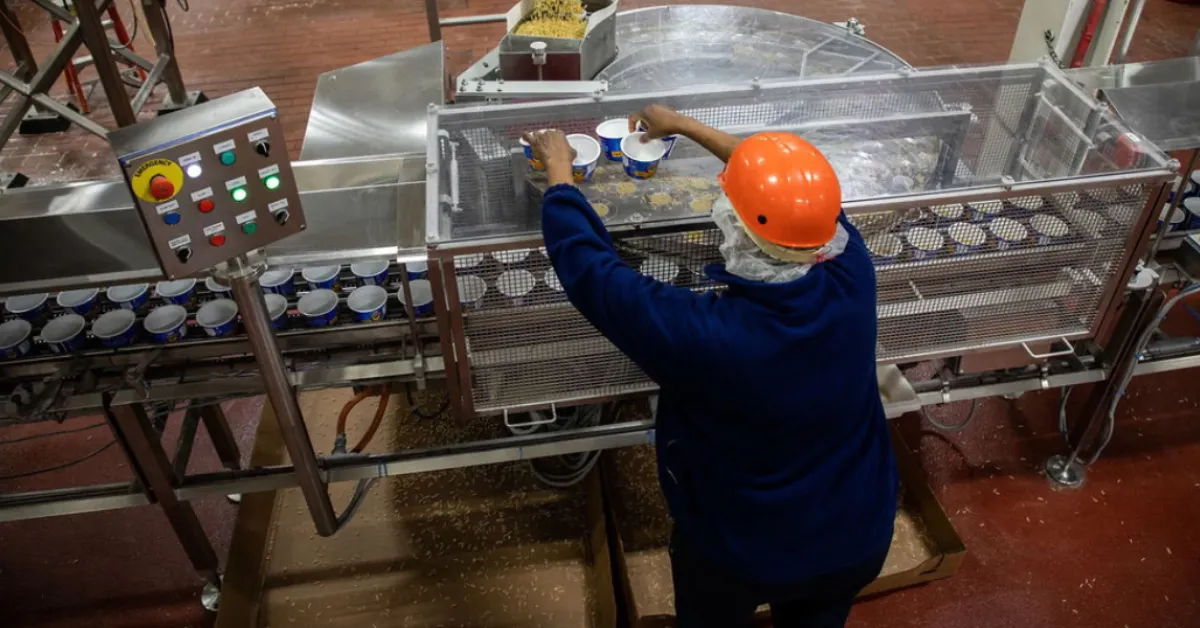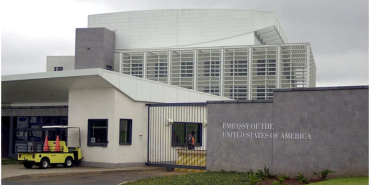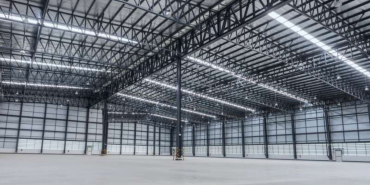US Workers Say Immigration Crackdown Is Causing Labour Shortages

The United States manufacturing sector is grappling with escalating labour shortages as the Trump administration's stringent immigration enforcement agenda takes effect.
Disruptions are being reported across multiple states, including Kentucky and Michigan, following the revocation of legal work status for immigrant employees. Union leaders and factory workers warn that these policy changes pose a significant threat to production schedules, workplace safety, and the overall economic stability of critical industries.
The crisis stems from the administration's decision to dismantle immigration programmes that previously allowed foreign nationals to work legally within the United States. Of particular concern is the termination of the Cubans, Haitians, Nicaraguans, and Venezuelans (CHNV) Parole Program, which provided employment opportunities for hundreds of thousands of migrants. This action, combined with an intensified deportation campaign reportedly targeting 3,000 arrests per day, has triggered acute labour shortages in industries traditionally reliant on immigrant labour.
In Louisville, Kentucky, the GE Appliances plant has already experienced the abrupt departure of over 125 workers this spring, according to union organisers. Jess Reese, a replacement operator and organiser with IUE-CWA Local 83761, says that this loss, attributed to the cancellation of immigration programmes, has disrupted assembly lines and forced management to seek replacements urgently.
"We lost production across multiple shifts and buildings," Reese notes. "It created chaos. Certain tasks couldn’t be covered, and the pressure on remaining staff was immense."
Reese also voices concern that the revocation of protected status for Haitian workers could lead to further terminations next year, potentially affecting another 200 union members.
"When hundreds of workers disappear overnight, it’s not just a logistical nightmare—it’s a human crisis," she adds.
While a spokesperson for GE Appliances confirmed that the company has added staffing where necessary and is complying with all legal requirements, the broader implications of the crackdown are becoming increasingly apparent. Similar challenges are unfolding at a Kraft Heinz facility in Holland, Michigan.
Workers there report being compelled to work extended overtime to compensate for the sudden loss of long-serving colleagues whose immigration authorisations were revoked. Tomas Torres, a maintenance mechanic and president of RWDSU Local 705, describes the situation as unsustainable.
"We had people who’d been with us for 20 years, and suddenly they’re gone," Torres explains. "Now, one person is running two machines. People are exhausted, falling asleep on the line. It’s a serious safety issue."
Kraft Heinz has denied that immigration policy changes are responsible for labour shortages at the plant, attributing increased overtime to seasonal demand. However, the company declined to specify how many workers have been affected by the recent policy shifts. Economists are raising concerns about the broader economic consequences of mass deportations. The Economic Policy Institute estimates that removing 4 million immigrants from the workforce would result in the loss of 3.3 million immigrant-held jobs and an additional 2.6 million jobs held by US-born workers.
The American Enterprise Institute projects a decline in gross domestic product of up to $94 billion annually, driven by reduced labour force participation and diminished consumer demand. These figures highlight the interconnectedness of immigrant and native-born workers in the US economy.
"This isn’t just about immigrants," Reese emphasises. "When they’re forced out, it affects everyone—production slows, wages stagnate, and communities suffer."
The Trump administration maintains that its policies are designed to protect American jobs and enforce immigration laws. White House spokesperson Abigail Jackson asserts, "There is no shortage of American minds and hands to grow our labour force. President Trump’s agenda reflects our commitment to creating jobs for American workers."














Add new comment